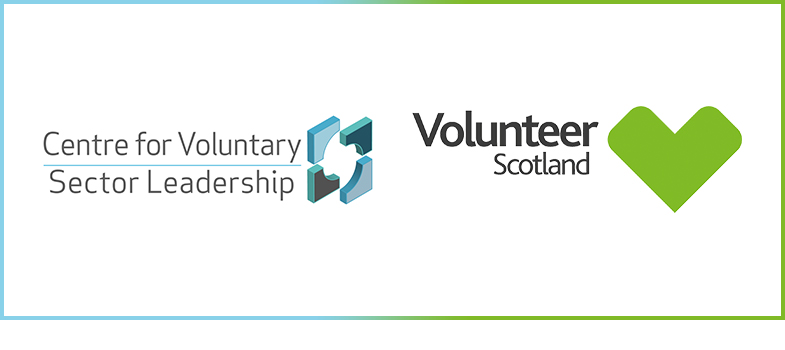4.1 ‘How am I supported?’
Volunteers need to be well supported to effectively undertake their roles and make a difference. This involves ensuring they can carry out their role in a safe and supportive environment. The practice of keeping volunteers safe goes beyond the legal health and safety requirements and is concerned with a broader sense of ‘wellbeing’.
In a recent paper on volunteering and wellbeing, personal wellbeing was defined as:
‘a particularly important dimension which we define as how satisfied we are with our lives, our sense that what we do in life is worthwhile, our day-to-day emotional experiences (happiness and anxiety) and our wider mental wellbeing.’
(Linning and Jackson, 2018 [Tip: hold Ctrl and click a link to open it in a new tab. (Hide tip)] )
In relation to health and safety, groups and organisations have a duty of care towards their people (including volunteers) so there is a need to assess potential risks and ensure the safety of volunteers. There is a section for voluntary organisations on the Health and Safety Executive website that outlines how the law applies when involving volunteers and contains useful checklists and guidance.
In this video, Tania at GALE talks about how they consider volunteers’ health and safety and wellbeing. She then goes on to talk about the value of support being provided in a relaxed and friendly environment as a way of building a positive relationship with volunteers.

Transcript: Tania, Volunteer Co-ordinator, GALE. All rights reserved.
Considering that support needs to be proportionate to the context, for the Kilmaurs Gala Committee support is informal and often focused on wellbeing. Volunteers said, ‘We look out for each other’, and ‘We support each other and work as a team. We help each other and if someone can’t do a role or task we divvy it up and all take a role.’
Support can be both emotional and practical and it is important that volunteers know whom to go to for support, and that they feel able to raise any concerns should they arise. As Tania mentioned in the video, role-related support will involve catching up with volunteers to find out how they are getting on. Depending on the size of your group or organisation, it might also be necessary to communicate with other relevant staff members to find out how volunteers are getting on.
Jordan talks about his support for personal circumstances while volunteering, and how safeguarding training ensures he is not at risk.

Transcript: Jordan, Volunteer, LGBT Youth Scotland. All rights reserved.
4 Making a difference
